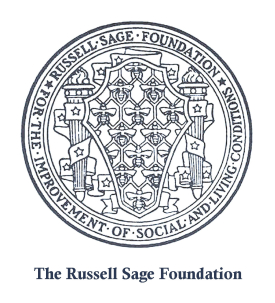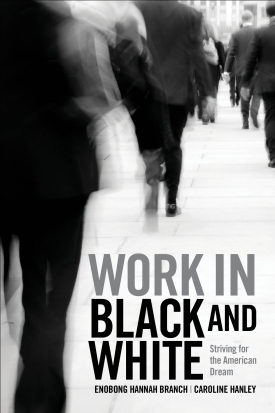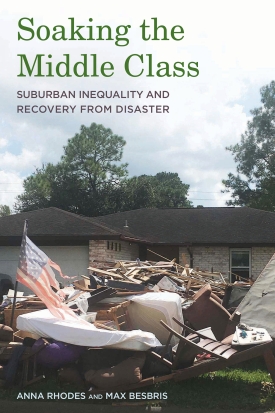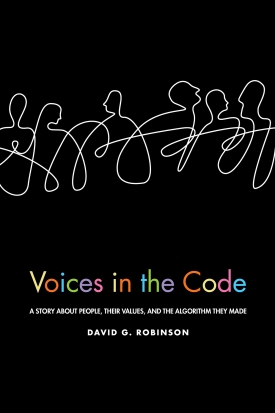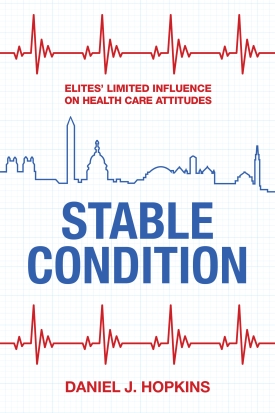
Stable Condition
About This Book
"The elite-level battle over the Affordable Care Act has consumed a decade, the ACA has transformed millions of lives—mostly for the better—and yet Daniel Hopkins’s brilliant new book, Stable Condition, shows that all this has barely moved a polarized public. What does this ‘stable condition’ mean for politicalscience and policymaking alike? Read this fascinating book to find out."
—JACOB S. HACKER, Stanley B. Resor Professor of Political Science, Yale University
The Affordable Care Act (ACA), the sweeping health care reform enacted by the Obama Administration in 2010, continues to be a contentious policy at the center of highly polarized political debates. Both before and after the law’s passage, political elites on both sides of the issue attempted to sway public opinion through two traditional approaches: messaging and policymaking itself. They operated under the assumption that the public’s personal experiences toward the law would make them more favorable. Yet these tried-and-true methods have had limited influence on public attitudes toward the ACA. Public opinion towards the ACA remained stable from 2010 to 2016, with more Americans opposing the law than supporting it. It was only after Donald Trump was elected in 2016 and the prospect of the law being repealed became a reality that public opinion swung in favor of the ACA. If traditional methods of influencing public opinion had little impact on attitudes towards the ACA, what did? In Stable Condition, political scientist Daniel J. Hopkins draws on survey data from 2009 to 2020 to assess how a variety of factors such as personal experience, political messaging, and partisanship did or did not affect public opinion on the ACA.
Hopkins finds that although personal experience with the ACA’s Medicaid expansion increased favorability among low-income Americans, it did not have a broader overall impact on public opinion. Personal experience with the Health Insurance Marketplace did not increase wider support for the ACA either. Due to the complex nature of the law, users of the Marketplace often did not realize they were benefiting from the ACA. Therefore, perceptions of the Marketplace were shaped by high-profile issues with the enrollment website and opposition to the individual mandate. These experiences ultimately offset one another, resulting in little discernable change in public opinion overall. Hopkins argues that political polarization was also responsible for elite’s limited influence and that public opinion on the ACA was largely determined by partisanship and political affiliation. Americans quickly aligned with their party’s stance on the law and were resistant to changing their beliefs despite the efforts of political elites.
Stable Condition is an illuminating examination of the limits of elites’ influence and the forces that shaped public opinion about the Affordable Care Act.
DANIEL J. HOPKINS is a professor of political science at University of Pennsylvania.

